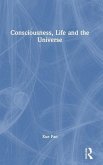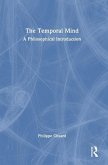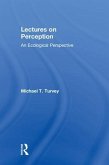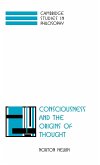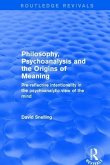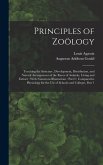'This book by Prof. Vallortigara is a tour de force of a lateral thinker who uses poetry, philosophy, psychology in conjunction with some razor-sharp science to entertain and make us think about such an ephemeral topic as consciousness. His stunning claim: consciousness is present in insects and started when organisms began moving about and had to differentiate between themselves and an external world. Plenty to think about and highly original, erudite, and persuasive.'
Professor Gisela Kaplan, AM University of Queensland, Australia
'Vallortigara writes like a poet but can think like a fly. His book is a wonderful introduction to the minds of animals with small brains but big horizons. He asks: if so much can be achieved with so little, what can be the advantage of having a massive brain like ours? He proposes a brilliant answer to the question of how - and why - awareness has evolved in some animals to become self-awareness.'
Nicholas Humphrey, Darwin College, Cambridge, UK
'Drawing on the author's extensive knowledge and written in an engaging style, this book presents a new perspective on consciousness. By extending the boundaries of conscious sensation well beyond Homo sapiens to consider the abilities of much smaller and simpler organisms, it sheds new light on a much-debated topic.'
Professor Lesley J. Rogers, University of New England, Australia
Professor Gisela Kaplan, AM University of Queensland, Australia
'Vallortigara writes like a poet but can think like a fly. His book is a wonderful introduction to the minds of animals with small brains but big horizons. He asks: if so much can be achieved with so little, what can be the advantage of having a massive brain like ours? He proposes a brilliant answer to the question of how - and why - awareness has evolved in some animals to become self-awareness.'
Nicholas Humphrey, Darwin College, Cambridge, UK
'Drawing on the author's extensive knowledge and written in an engaging style, this book presents a new perspective on consciousness. By extending the boundaries of conscious sensation well beyond Homo sapiens to consider the abilities of much smaller and simpler organisms, it sheds new light on a much-debated topic.'
Professor Lesley J. Rogers, University of New England, Australia


